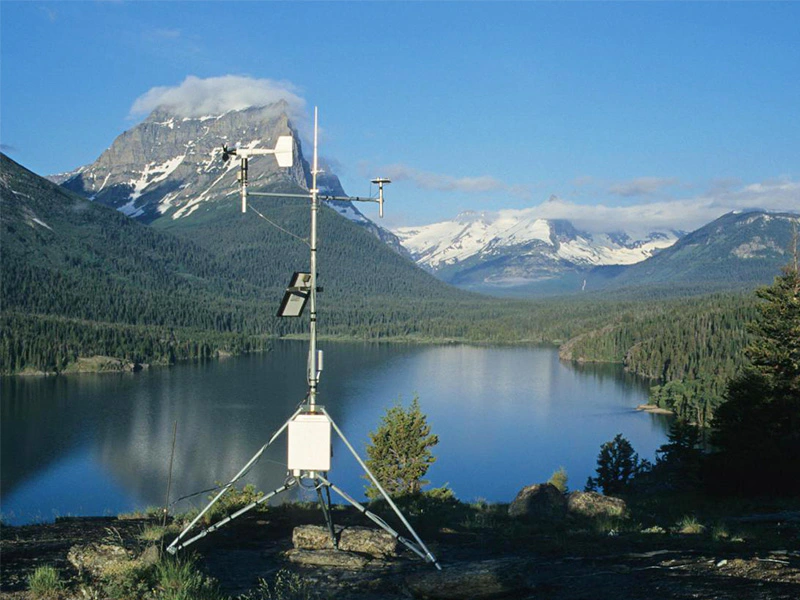Meteorological Station: Definition and Functions

# Meteorological Station: Definition and Functions
## What is a Meteorological Station?
A meteorological station, also known as a weather station, is a facility equipped with specialized instruments and devices designed to observe, measure, and record various atmospheric conditions. These stations play a crucial role in weather forecasting, climate research, and environmental monitoring by collecting essential data about our planet’s atmosphere.
## Key Components of a Meteorological Station
Modern meteorological stations typically include several core instruments:
- Thermometers for measuring air temperature
- Barometers for atmospheric pressure readings
- Hygrometers to determine humidity levels
- Anemometers for wind speed and direction
- Rain gauges to measure precipitation
- Pyranometers for solar radiation measurement
## Primary Functions of Meteorological Stations
Weather Data Collection
The fundamental purpose of meteorological stations is to gather accurate, real-time data about atmospheric conditions. This information forms the basis for weather forecasts and climate studies.
Weather Forecasting
By analyzing the collected data, meteorologists can predict short-term weather patterns and issue warnings for severe weather events like storms, hurricanes, or heat waves.
Climate Monitoring
Long-term data from meteorological stations helps scientists track climate patterns, identify trends, and study climate change phenomena.
Agricultural Support
Farmers and agricultural professionals rely on weather station data to make informed decisions about planting, irrigation, and harvesting.
## Types of Meteorological Stations
Meteorological stations vary in size and complexity:
- Synoptic stations: Provide comprehensive weather observations at standard times
- Automatic weather stations: Operate without human intervention, transmitting data automatically
- Aviation weather stations: Specialized for flight safety and airport operations
- Marine weather stations: Located on buoys or ships to monitor oceanic conditions
## The Importance of Meteorological Stations
These facilities serve as the backbone of our weather monitoring systems, providing critical information that affects numerous aspects of modern life – from daily weather forecasts to long-term climate research. Their data helps protect lives and property through early warning systems, supports various industries, and contributes to our understanding of Earth’s complex atmospheric systems.
Keyword: what is meteorological station